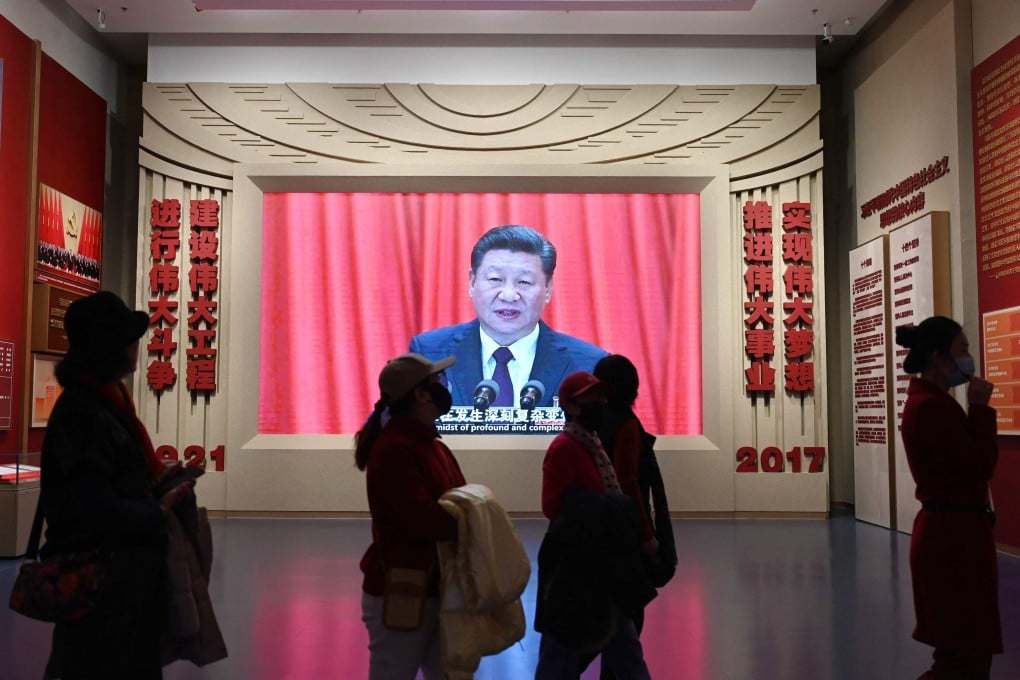Xi Jinping touts China’s new-energy prowess as Joe Biden bashes its auto policies
- Ahead of biggest political event of the year, China’s energy security gets more play against the backdrop of international criticism
- President Xi’s fresh comments come as his American counterpart warns that China’s auto-related practices pose risks to US national security

Even as the rapidly rising strength and pace of China’s new-energy exports have provoked international scrutiny and a degree of green protectionism, President Xi Jinping has big ambitions to push the sector’s boundaries, seeing it as a hi-tech tonic to invigorate economic growth.
During a study session of the 24-member Politburo on Thursday, China’s leader also vowed to further tap the strategic industry’s potential while boasting its international competitiveness.
“China now leads the world in many new-energy technologies and in equipment manufacturing levels, and it has built the world’s largest clean-power-supply system,” Xi said, according to party mouthpiece Xinhua.
“As new-energy vehicles, lithium batteries and photovoltaic products have also formed strong competition in the international market, we now have a good foundation for new-energy development,” Xi added.